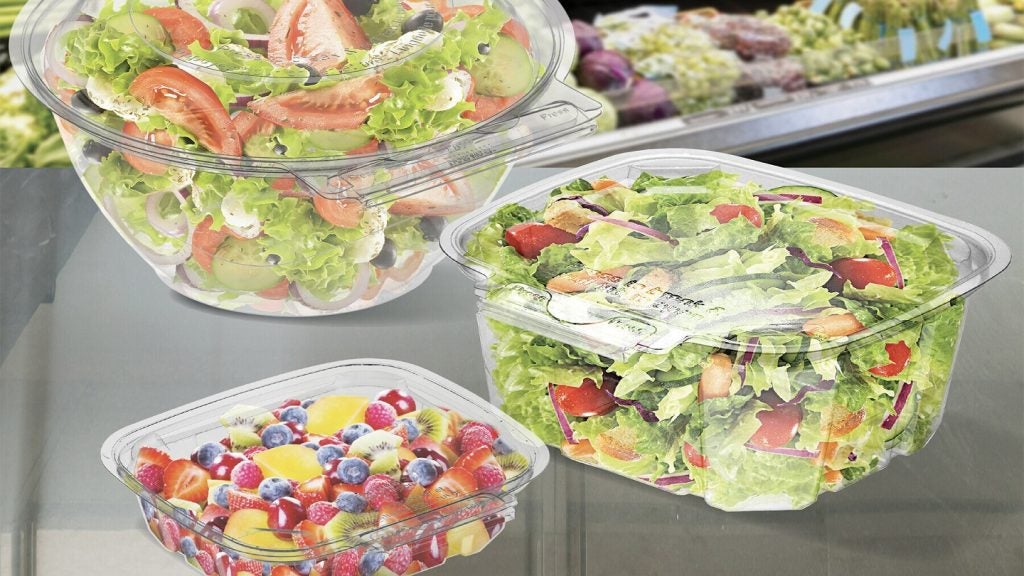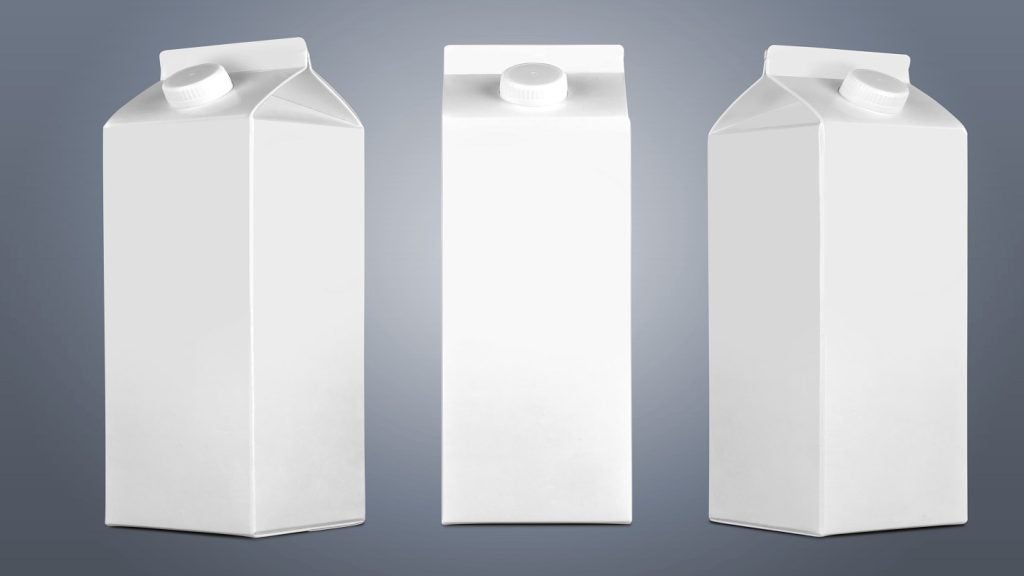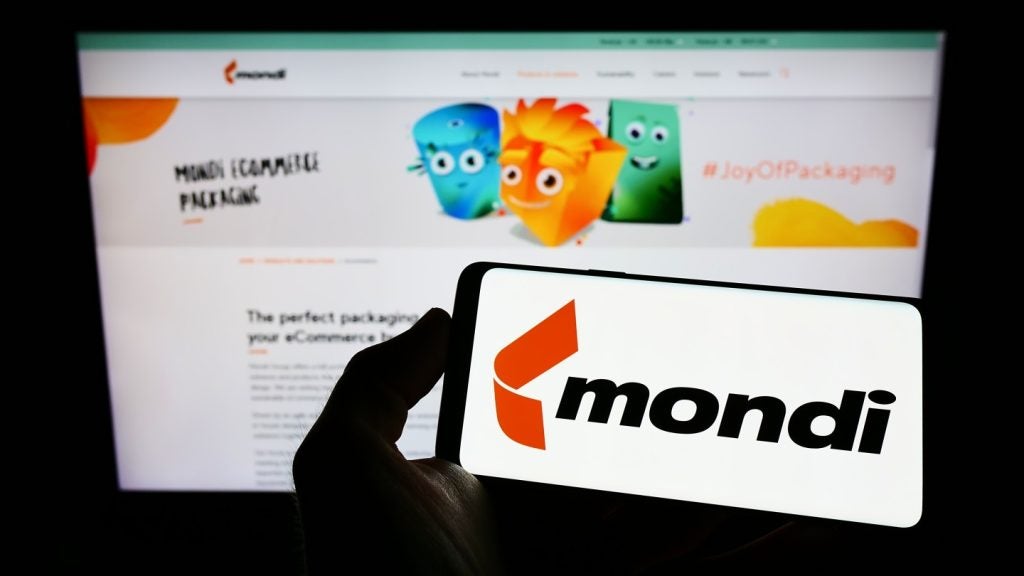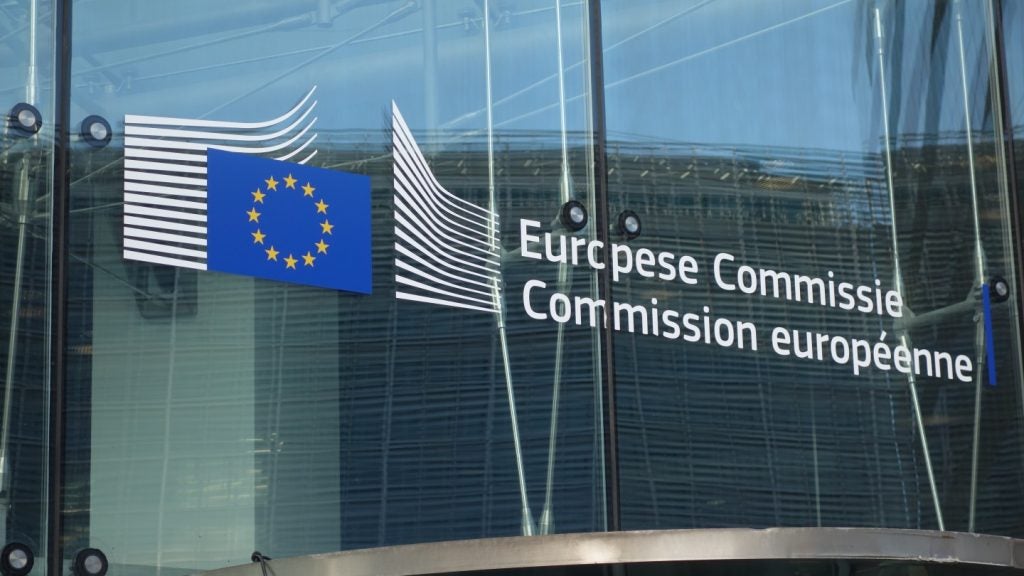In the quest for a sustainable future, the packaging sector is steering towards innovative solutions to address environmental concerns. Companies are increasingly adopting strategies that prioritise recyclability, incorporate recycled materials, and contribute to the circular economy.
One such company leading the way is kp (Klöckner Pentaplast), guided by the overarching strategy of 'Investing in Better.'
Ana Fernandez, Senior Technical Advisor – Food Packaging at kp, sheds light on their initiatives and the challenges faced in transitioning to greener packaging solutions.
Ana Fernandez emphasises the company's commitment to enhancing the sustainability of packaging through innovative design and the integration of recycled materials.
She notes, "Our focus extends beyond product design; we actively pursue efficiency gains and opportunities to reduce carbon emissions and engage with our customers to collectively contribute to their sustainability goals too."
Driving sustainable solutions through innovation
In 2022, kp made significant strides by fortifying business resilience and achieving a remarkable 21.3% utilisation of post-consumer recycled (PCR) material in their plastic packaging, equivalent to over 114,000 tonnes.
Fernandez highlights their objective: "to create optimised packaging solutions that provide high levels of protection, using minimal material." Recyclability is at the core of their product design ethos, with 63% of their overall product portfolio having a recyclable alternative.
The kp Tray2Tray® programme exemplifies their commitment to the circular economy, aiming to increase the volume of plastic trays in a closed-loop system. In 2022, 12% of their recycled material originated from this initiative, recycling 725 million trays.
Fernandez explains, "By 2025, we aim for 30% of post-consumer recycled material in our packaging to have come from the kp Tray2Tray® initiative, ensuring 100% recyclability."
The company's innovative products, such as kp Zapora® padless tray technology and kp FlexiLid® EH 145 R lidding film, demonstrate a focus on enhancing recyclability and reducing environmental impact.
Sustainability through collaboration, consumer engagement, and compliance
Additionally, the introduction of kp Infinity®, an expanded polypropylene (EPP) packaging range, aligns with sustainability goals and the ban on single-use EPS foodservice packaging in the UK.
Fernandez emphasises the importance of collaboration in the industry's journey towards sustainability, stating, "Collaboration is absolutely essential; no one business alone can solve the challenges."
She highlights the Positive Plastics Pledge initiative, launched in 2018, as an example of successful collaboration, fostering partnerships to enhance recyclability and address plastic waste challenges.
Consumer engagement is a crucial aspect of kp's sustainability efforts. Fernandez notes, "A balanced approach to sustainability means not only working within our own supply chain but also including users and consumers downstream."
Clear product messaging, partnerships with industry groups, and community initiatives through the kp Communities programme contribute to educating consumers about the benefits of a circular system.
Regulatory compliance plays a pivotal role in shaping kp's sustainability strategy. Fernandez emphasises the company's collaboration and engagement with customers and relevant organisations to stay abreast of evolving regulations.
Adapting to regulations: overcoming challenges for a greener future
As regulations continue to evolve, kp remains agile to adapt its products to comply with new requirements.
Despite the challenges faced in transitioning to greener packaging solutions, Fernandez remains optimistic about the future. She acknowledges the positive direction of legislative changes for the planet but anticipates a potential standardisation of packaging, prompting the need for new materials and differentiation strategies.
In conclusion, the journey towards a sustainable tomorrow in packaging involves a multifaceted approach, encompassing innovation, collaboration, consumer education, and regulatory compliance.
Companies like kp exemplify the industry's commitment to investing in better practices, ultimately steering towards a greener and more sustainable future.















